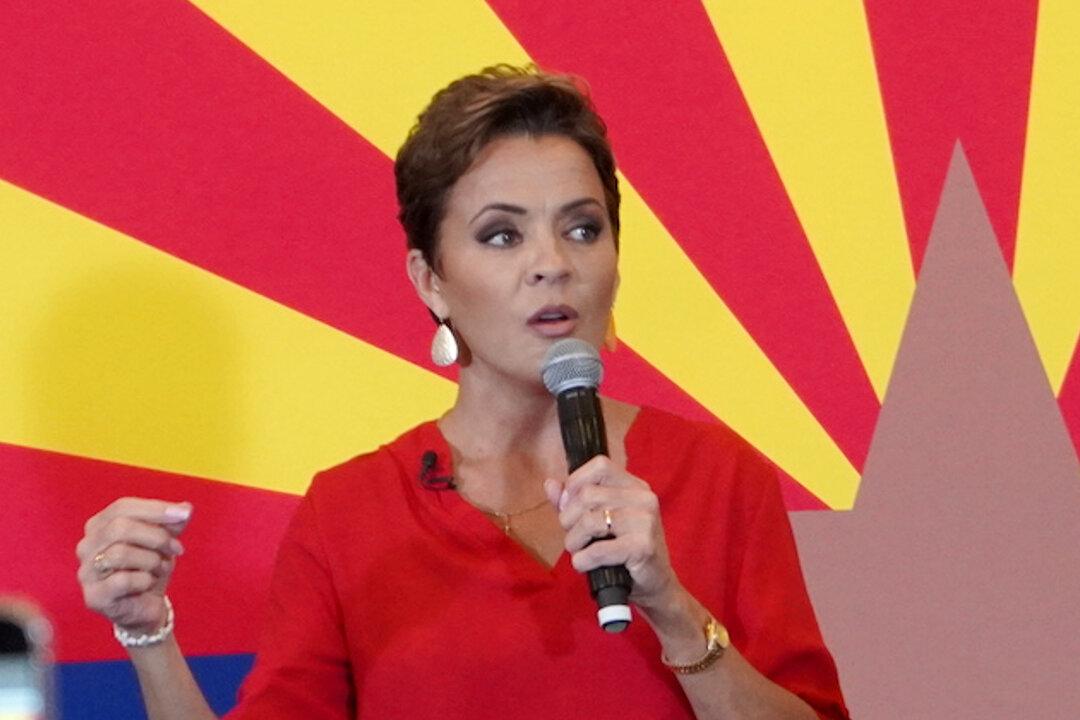A three-day trial is scheduled to start Wednesday for Republican candidate Kari Lake to prove that Maricopa County did not properly verify voter signatures on ballot envelopes during the 2022 midterm elections and that those problems changed the outcome of the race.
Lake first challenged the election in December. So far, two Arizona courts have rejected her arguments that there were enough problems on Election Day that cost her the election, but Arizona’s Supreme Court earlier this week allowed a three-day trial to proceed on her claims centered around alleged signature-verification issues in Maricopa County, which includes Phoenix. The trial will start Wednesday.





